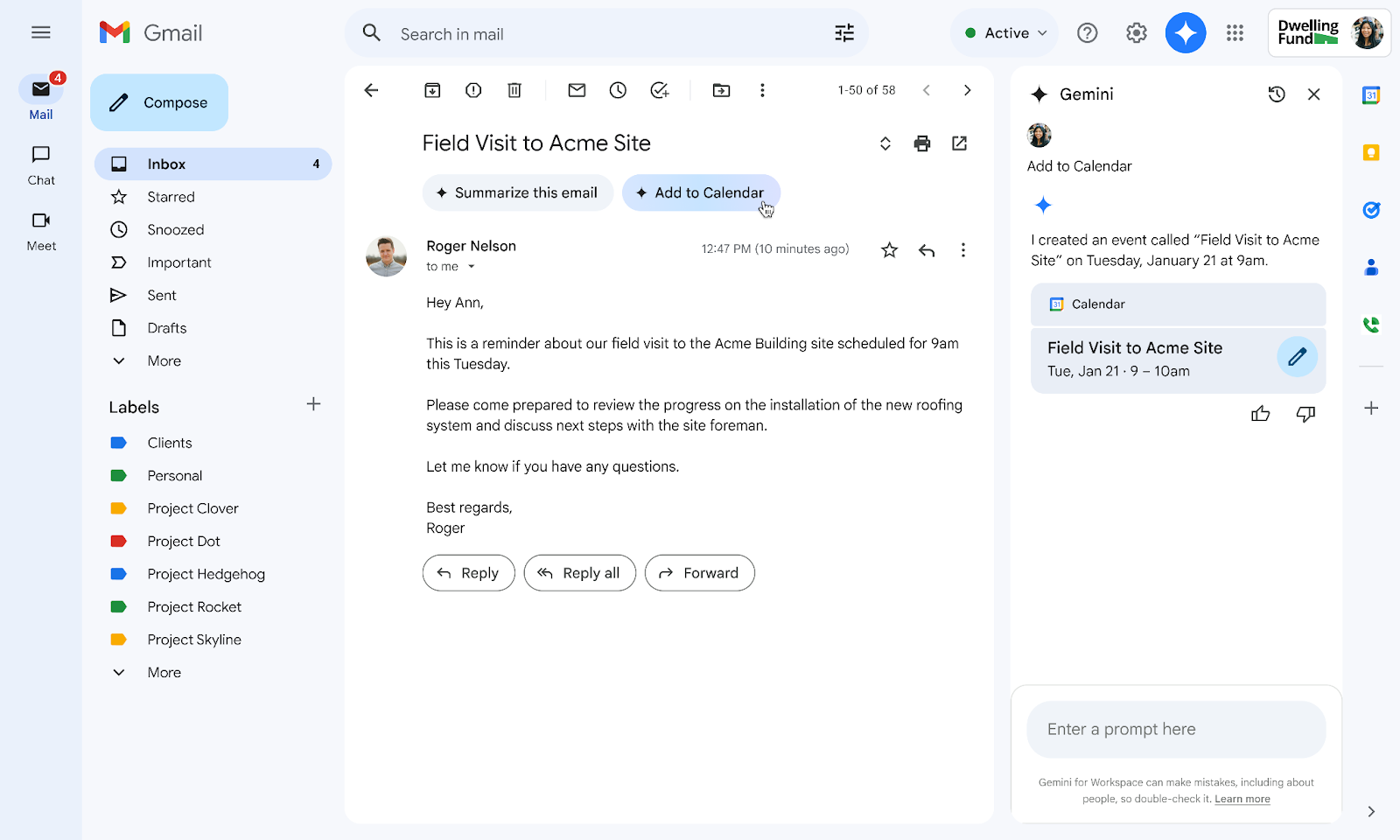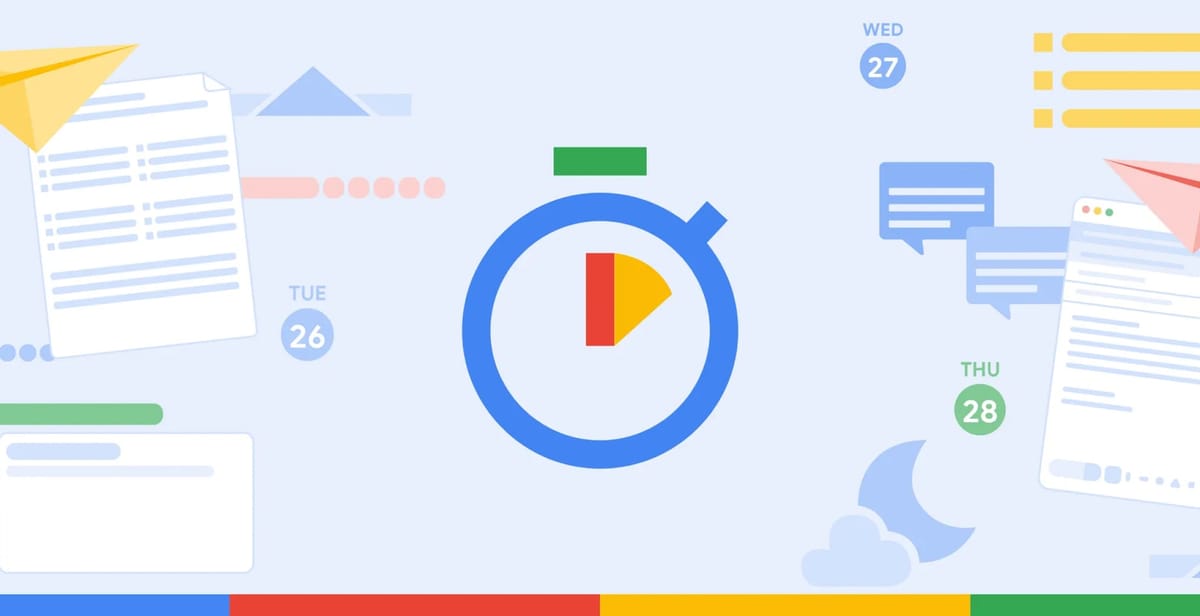Managing your schedule just got easier—Google has introduced a new AI-powered feature in Gmail that lets users add events to Google Calendar directly from their emails. The update, powered by Gemini AI, automatically detects event-related content in emails and presents an “Add to calendar” button, streamlining the process of organizing meetings, appointments, and reminders. Clicking this button opens a side panel where users can confirm the event’s details before it’s added to their calendar.
Key Points:
- Gmail users can now add events to Google Calendar directly from emails with a new Gemini-powered button.
- The feature detects calendar-related content and opens a confirmation panel upon clicking.
- It’s currently available only in English, on the web, and for select Google Workspace and Gemini AI subscribers.
- Admins must enable smart features and personalization for access.

The feature is designed to streamline scheduling for users dealing with work meetings, appointments, or deadlines. However, it has some limitations—it doesn’t support adding guests to events, and it won’t appear for emails that already contain structured event data, such as restaurant reservations or flight bookings.
Currently, the feature is available only in English and on the web. It’s rolling out gradually to Google Workspace Business and Enterprise users, as well as those subscribed to Google One AI Premium, Gemini Education, and Gemini Education Premium plans. Users who previously purchased now-discontinued Gemini Business or Gemini Enterprise add-ons will also have access.
For admins, enabling this feature requires turning on smart features and personalization in the Google Workspace Admin console. The rollout is expected to complete by mid-April 2025.
This update is part of Google’s broader push to integrate AI into its suite of productivity tools. Last year, Gemini AI brought email summarization and search enhancements to Gmail, helping users quickly find relevant information in their inboxes. With this latest feature, Google continues to automate routine tasks, making AI a more integral part of everyday workflow.

